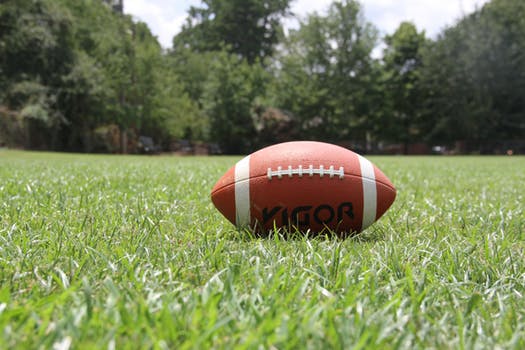Professional athletes make serious money. We’re talking an average yearly salary of $5.15 million in the NBA. Given this earning potential, it makes sense that the agents who represent professional athletes operate in a highly competitive commercial marketplace. Who can forget Jerry Maguire’s Show Me the Money. Athlete agents reaping professional athletes are not problematic. When agents recruit student athletes, however, there is more at stake than just the money. If the agent recruits an athlete who is enrolled at an educational institution, both the athlete and the institution may face eligibility problems, loss of scholarships, or other economic penalties. An even more severe problem arises when a student athlete is unaware of the consequences of signing an agency agreement or when an agent unethically misleads a student-athlete.
Originally, states enacted their own legislation to regulate the conduct of athlete agents. Not surprising, those acts varied from state to state. The National Collegiate Athletic Association (NCAA) recognized the need to address these agent issues and fully supported the drafting of a uniform act so in 2000, Uniform Law Commission finalized the Uniform Athlete Agents Act (UAAA) – a potential answer to the lack of uniformity in this problematic area of the law. The UAAA sought to regulate the activities of athlete agents in order to protect the interests of student athletes and education institutions. As of today, 42 jurisdictions have enacted the original UAAA, including Minnesota and Wisconsin.
In 2015, after continued stories of athletes receiving gifts from agents, the ULC strengthened the UAAA. . The Revised Uniform Athlete Agents Act (RUAAA) created more protection for student-athletes and educational institutions, simplified the system of regulations imposed upon athlete agents, and provided a uniform agent registration process for use by state agencies. To date, 15 states have introduced or enacted the RUAAA.
Under the UAAA and its most recent revision, a person who wants to represent student-athletes is required to register with the state. Read about registering as an agent here. The Act created certain requirements for contracts between an agent and a student-athlete. Read about those requirements here. Finally, among other things, agents are prohibited from:
- Giving misleading information or making false promises in order to get a student-athlete to enter into an agency contract
- Providing anything of value (i.e., money, gifts, etc.) to a student-athlete to entice them into entering an agency contract
- Intentionally contacting a student-athlete without a valid agent registration
- Neglecting to notify a student-athlete that he or she may become ineligible to participate in that sport after signing an agency contract
- Failing to notify an educational institution before contacting a student-athlete who is enrolled at that institution
Agents may be criminally liable for committing any of the above actions or for encouraging another person to take any of the above actions. Additionally, agents may be held civilly liable to educational institutions or to student-athletes for violating the UAAA. Though the UAAA has recently been revised, there are still concerns about imposing penalties for violations.
So while Jerry and Cuba can look for the money, it is still a risky world where student athletes and the student athlete agents are concerned.






